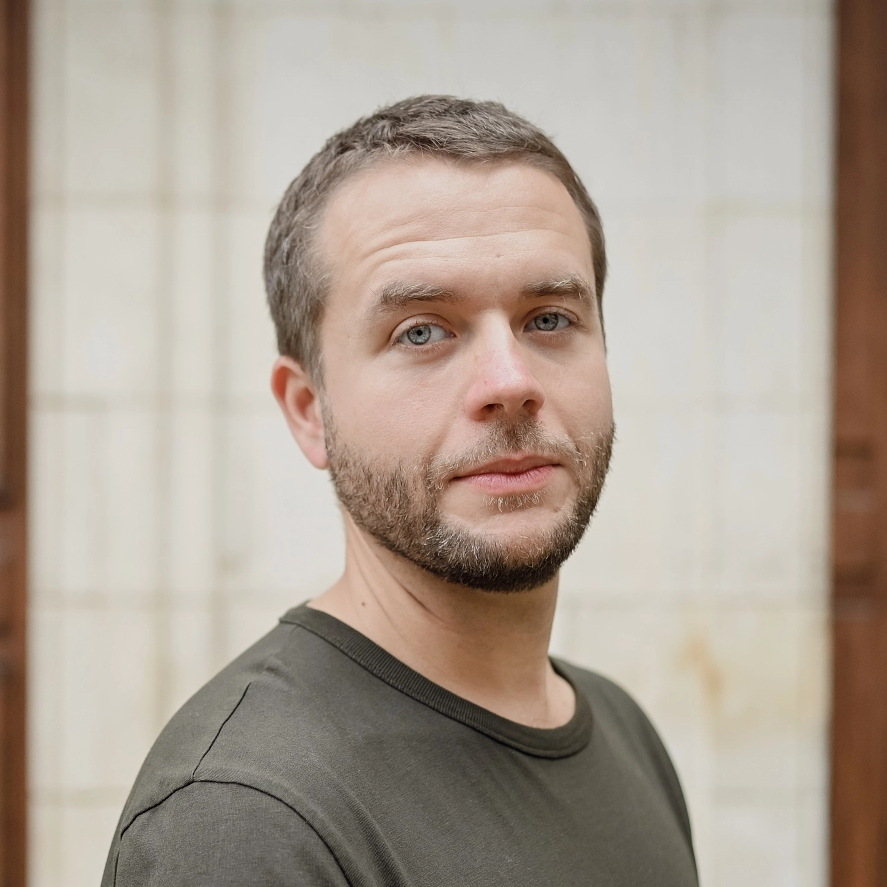Dr. Jérôme Nika
Researcher at Ircam and electronic musician
Jérôme Nika is a researcher in interactive and generative technologies for musical creation in Ircam’s ISMM team, and an electronic musician. His research is structured around the metaphor of “musical memory”, from its modeling and learning to its mobilization in a performance context, and has led to the development of several software environments dedicated to interactive musical composition and improvisation. At the crossroads of scientific research and creation, this work of designing computer models and instruments for musical creation on stage or in the studio has given rise to over 60 artistic productions in which he is involved as an electronic musician, computer music designer or scientific advisor: in jazz and improvised music (Steve Lehman, Orchestre National de Jazz, Bernard Lubat, Benoît Delbecq, Rémi Fox), contemporary music (Pascal Dusapin, Ensemble Modern, Marta Gentilucci, Alexandros Markeas) and contemporary art (Le Fresnoy). Latest production: creation of the generative electronics for the Orchestre National de Jazz album Ex Machina (Pi Recordings / L’Autre Distribution) by Steve Lehman and Frédéric Maurin, released in September 2023.
Composing human-machine musical interaction
On April 17, 2024 at 05:00 PM (UTC+1)The new generative digital lutherie is capable, for example, of listening to a voice and reacting in real time to create accompaniment, producing novel effects, using audio recorded live to generate new melodic lines... If the controls are increasingly high-level and the degrees of freedom left to the machine seem to be increasing, the purpose of these novel software instruments is to create new practices and not to recreate `credible' music over and over again. From this point of view, technology in general and AI in particular are not ends but means to invent an electronic lutherie enabling new practices that encourage formalization and reflexivity in the human creative process. The lecture will be illustrated by demonstrations and excerpts from concerts and artistic productions using the Dicy2 environment created by Jérôme Nika.

Test